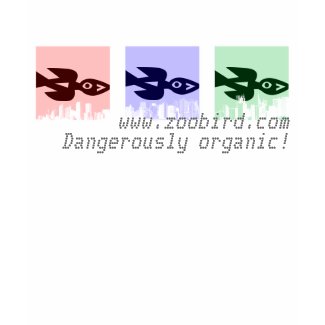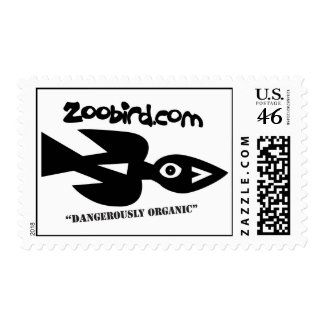Dangerously organic!
A total of 27 products were analysed, with ten of them containing horse DNA, while 23 of them tested positive for pig DNA.
The days of small, rural homesteads like the Dudley Farm are not gone. In fact, most (80%) of the the USA live in urban areas. So, it's fair to say that 4 out of 5 people in the USA live in the city. Yes, gardening is popular these days to some extent. There are, however, practical difficulties in raising your own food. A case in point is a current problem a couple in Orlando are having with objections to their home garden.
Face it. We place trust in our food producers. Watchdogs keep an eye on them, too. PETA reminds us of animal cruelty. The US FDA monitors and approves food and drugs. All around the world, similar agencies try to regulate product safety.
The Irish authorities recently did a genetic study of consumer meat and this is what they found:
"The Food Safety Authority of Ireland has said that horse meat has been found in some beef burger products on sale in supermarkets.
The meat came from two processing plants in Ireland, Liffey Meats and Silvercrest Foods, as well as the Dalepak Hambleton plant in the UK.
The burgers were on sale in Tesco, Dunnes Stores, Lidl, Aldi and Iceland.
A total of 27 products were analysed, with ten of them containing horse DNA, while 23 of them tested positive for pig DNA.
Horse meat accounted for approximately 29% of the meat content in one sample from Tesco."
Does this mean you shouldn't trust the purity of products you buy at the local supermarket or meals you're served in a restaurant?
It sure points to one more reason growing your own is a positive way to go.
The fact is, most people don't know much about growing their own food and even less about livestock. Want to learn? There's a worldwide network of farms willing to show you how to do it yourself. World Wide Opportunities on Organic Farms (WWOOF) is one organization that promotes education through work on farms around the world. Mycol Stevens has a farm in the WWOOF network.
According to RTE, The Irish Food Safety Authority says:
"The FSAI said that the findings do not pose a risk to public health. However, it said that it raises concerns about the traceability of meat ingredients."
Comment
© 2025 Created by Michael Levin.
Powered by
![]()






You need to be a member of Zoobird to add comments!
Join Zoobird